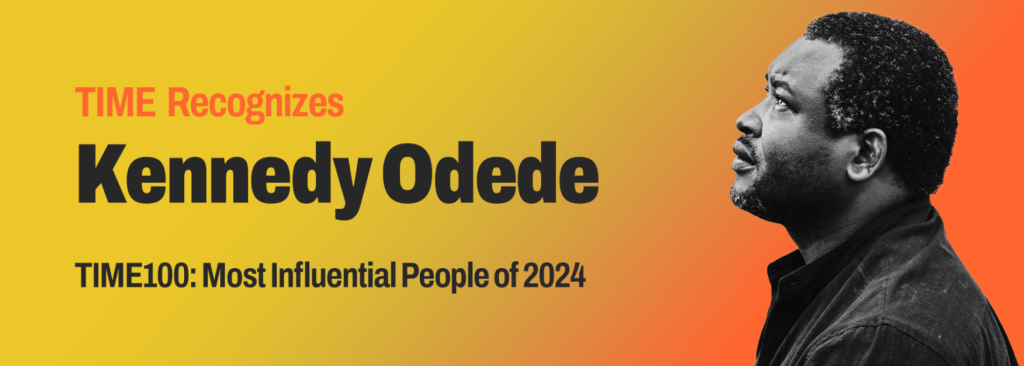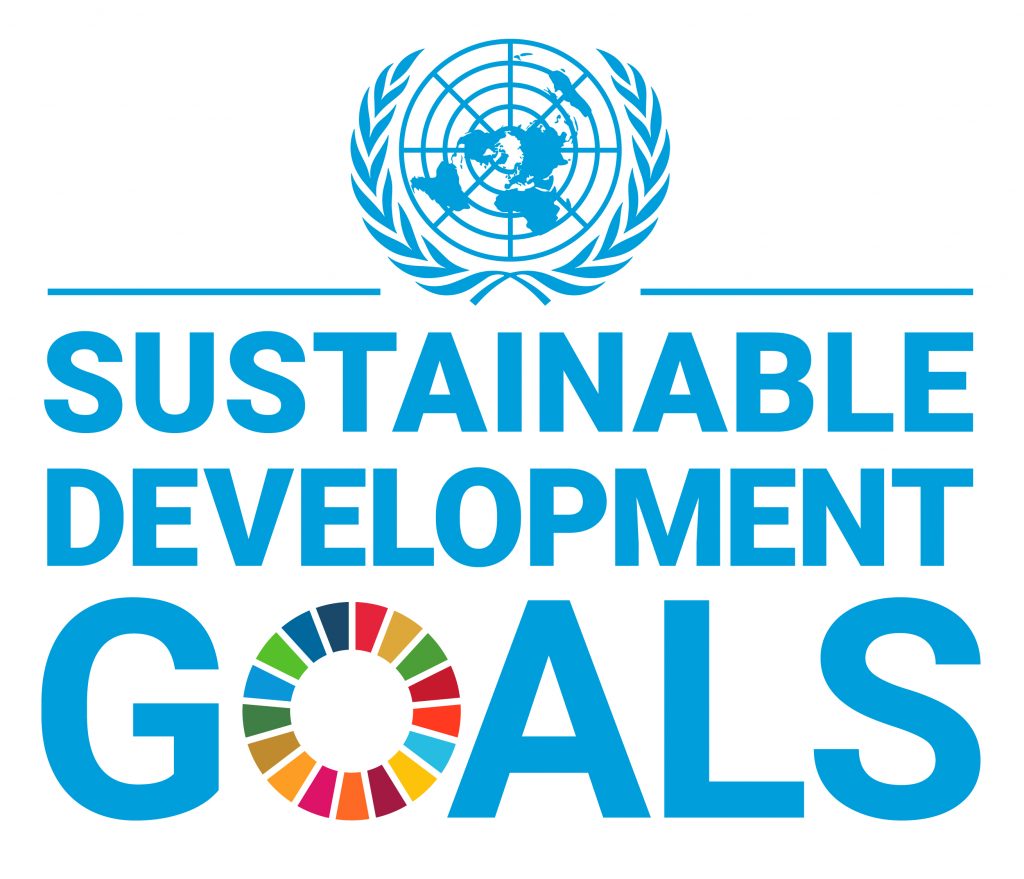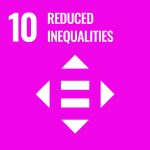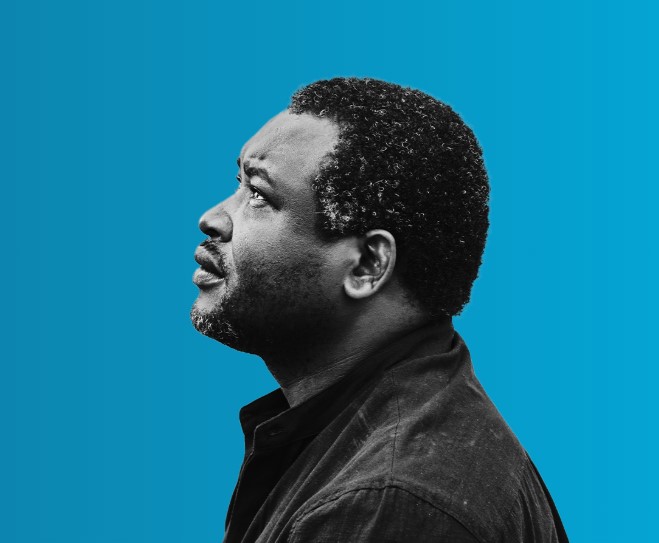In some corners of the world, certain voices are never heard -not because they are silent, but because the world has long learned to look away. Vulnerable communities are often “naturally” absent from the stages of decision-making and resource distribution.
Kennedy Odede from Kenya was once one of those forgotten children.
A Child Born in the Slums
Kennedy Odede was born in Kibera, Nairobi-one of the largest and poorest slums in Africa. With extreme population density and lack of access to basic water, electricity, healthcare and education, survival was the only goal. For most children, having two meals a day was a rare blessing.
Growing up in such an environment, Kennedy had few choices. He experienced hunger, homelessness and even joined a street gang. During that time, he said he had no hope for the future. Until one day he stumbled upon a simple book-the autobiography of Nelson Mandela. It was the first time he realized that maybe change didn’t have to wait for others. Maybe it could start with himself.
A Soccer Ball That Sparked Hope
At the age of 17, with only 20 cents (around NT$6), Kennedy bought a worn-out soccer ball. He began organizing neighborhood kids to play and talk. That ball became a symbol of connection and the beginning of a movement.
He founded SHOFCO (Shining Hope for Communities)-a grassroots organization built by and for the people of the slums. It wasn’t a large-scale NGO. It was a group of ordinary people trying to change the destiny of the next generation, starting from where they lived.
Change Began with Girls’ Education
Kennedy noticed that girls in slums faced even more risks: early marriage, gender discrimination and dropping out of school. He believed, “If you can change the fate of one girl, she can change her entire family, and eventually, her community.”
SHOFCO went on to establish the first free school for girls in Kibera, where girls could learn without the burden of tuition. The school became more than a place of learning-it was a safe haven. Gradually, parents’ attitudes shifted, and more families began supporting their daughters’ education.
SHOFCO later expanded its efforts to include clean water towers, free community health clinics, women’s self-help groups and digital community platforms-transforming life in the slums through education, health and civic engagement.
Telling His Story Through Action
Kennedy later earned a scholarship to Wesleyan University in the United States, where he completed his higher education. He could have stayed abroad. But instead, he chose to return to Kibera.
“I come from here. I know their pain. I know how much we long for just one opportunity,” he said.
Today, SHOFCO serves communities in multiple Kenyan cities, impacting over 400,000 people. Rather than relying on outside experts, their programs are designed and led by locals-empowering the “helped” to become the real change-makers.
Kennedy now serves as an advisor to the United Nations and various international organizations, advocating for the rights of urban poor communities. He never shouts slogans; instead, he speaks with a quiet, unwavering voice about realities that are often ignored.
A Quiet Force of Action
In the spirit of SDG 10: Reduced Inequalities, Kennedy Odede’s life is a living response:
“Inequality cannot be solved by resources alone. It begins with recognizing every person’s dignity and potential.”
When we talk about equality, it’s not just about distributing opportunities-it’s about being seen, being heard. And change often begins in the smallest of ways: a soccer ball, a school or simply telling a child, “You can do it.”
This is the silent power.
An Exercise for Shane Students:
-If you lived in Kennedy’s community, what kind of impact would you want to make?
-Why do you think he chose to help girls first? What connection do you see between gender and inequality?
-Are there people around you who are being overlooked? What could you do for them?
📚 References
◆ Shining Hope for Communities (SHOFCO) – Official Website
SHOFCO is a nonprofit organization founded by Kennedy Odede focused on education, healthcare, and women’s empowerment in Kenya’s slum communities.
◆ Odede, Kennedy. “Slumdog Tourism.” The New York Times, August 9, 2010.
An opinion article written by Kennedy himself, reflecting on slum tourism and social inequality.
◆ UN Sustainable Development Goal 10: Reduced Inequalities
The official UN explanation and global goals for addressing inequality.

About SDGs


SDG 10 Reduced Inequality
Reduce inequality within and among countries.


